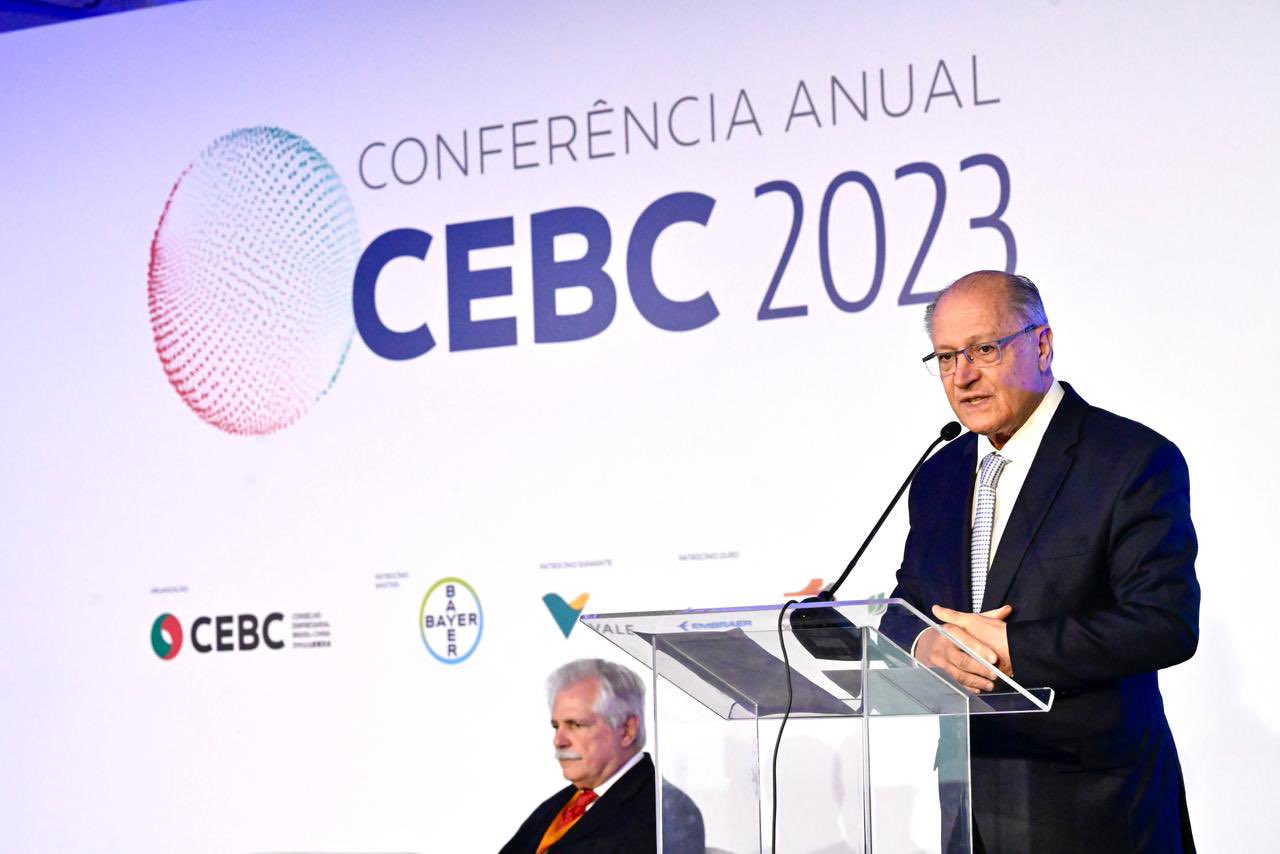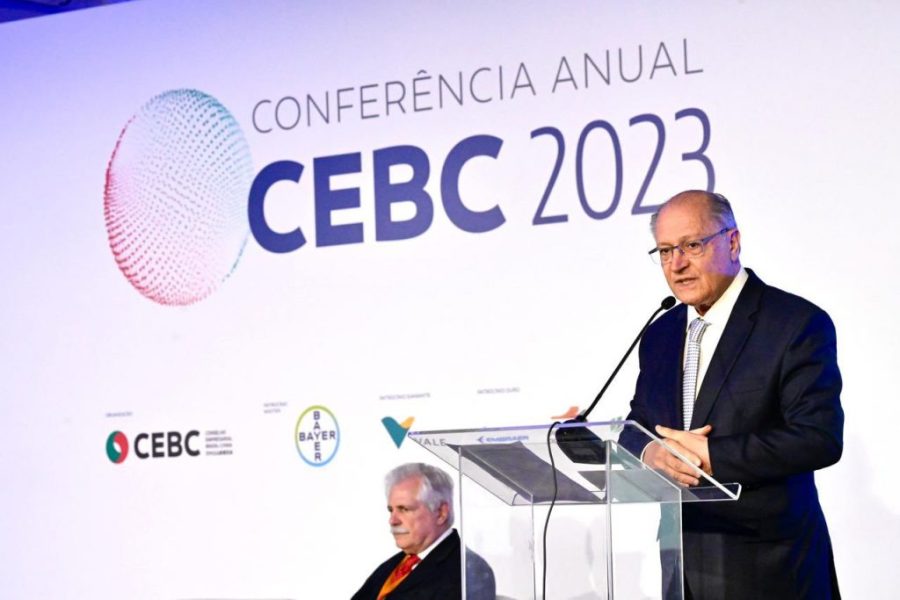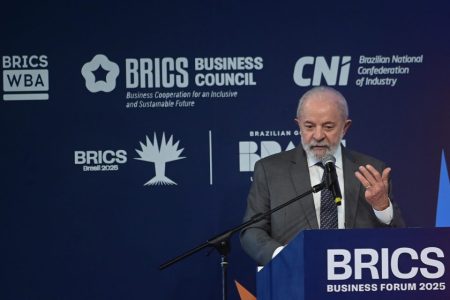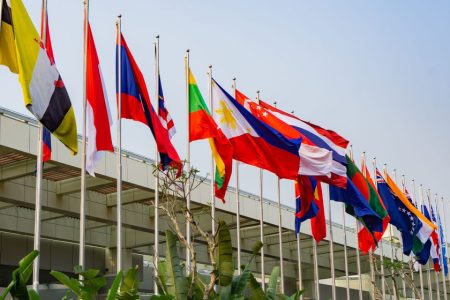The Brazilian government says it welcomes Chinese participation in the country’s push toward “neo-industrialisation,” according to reports. Eduardo Saboia, secretary of Asia and the Pacific for the Brazilian foreign ministry, said on Monday that he sees Chinese participation in the sector as a win-win.
Neo-industrialisation is a form of economic development that emphasises energy transition, a reduction in the use of raw materials, robotisation and digitalisation of production, green investments, sustainable manufacturing and boosting scientific research.
The approach is seen as a way of reviving Brazil’s industrial sector, which accounted for 33 percent of the country’s GDP in the 1980s. In the past four decades, however, it has dropped by nearly 66 percent to just 11.3 percent of GDP, lowering wages and decreasing purchasing power for many in the country.
[See more: BYD launches an electric car entirely manufactured in Brazil]
Saboia pointed to China’s long-term policies for decarbonisation of its energy grid, powered by huge investments in renewable energies and the low-carbon economy. Brazil, he noted, can contribute to this low carbon energy transition with its own technologies and companies.
The secretary also pointed to new industrial opportunities opening up for China in Brazil, including electric mobility and clean energy. Chinese companies have already begun investing in both, as illustrated by Chinese car giant BYD’s new manufacturing complex in Camaçari, which will produce electric and hybrid vehicles and components and provide some 5,000 jobs.
Brazilian Vice President Geraldo Alckmin meanwhile emphasised the “prosperous” relationship between Brazil and China, bolstered by trade across a variety of sectors and significant Chinese investment in the South American giant. Brazil attracted nearly half of Chinese investment in Latin America between 2005 and 2022.






